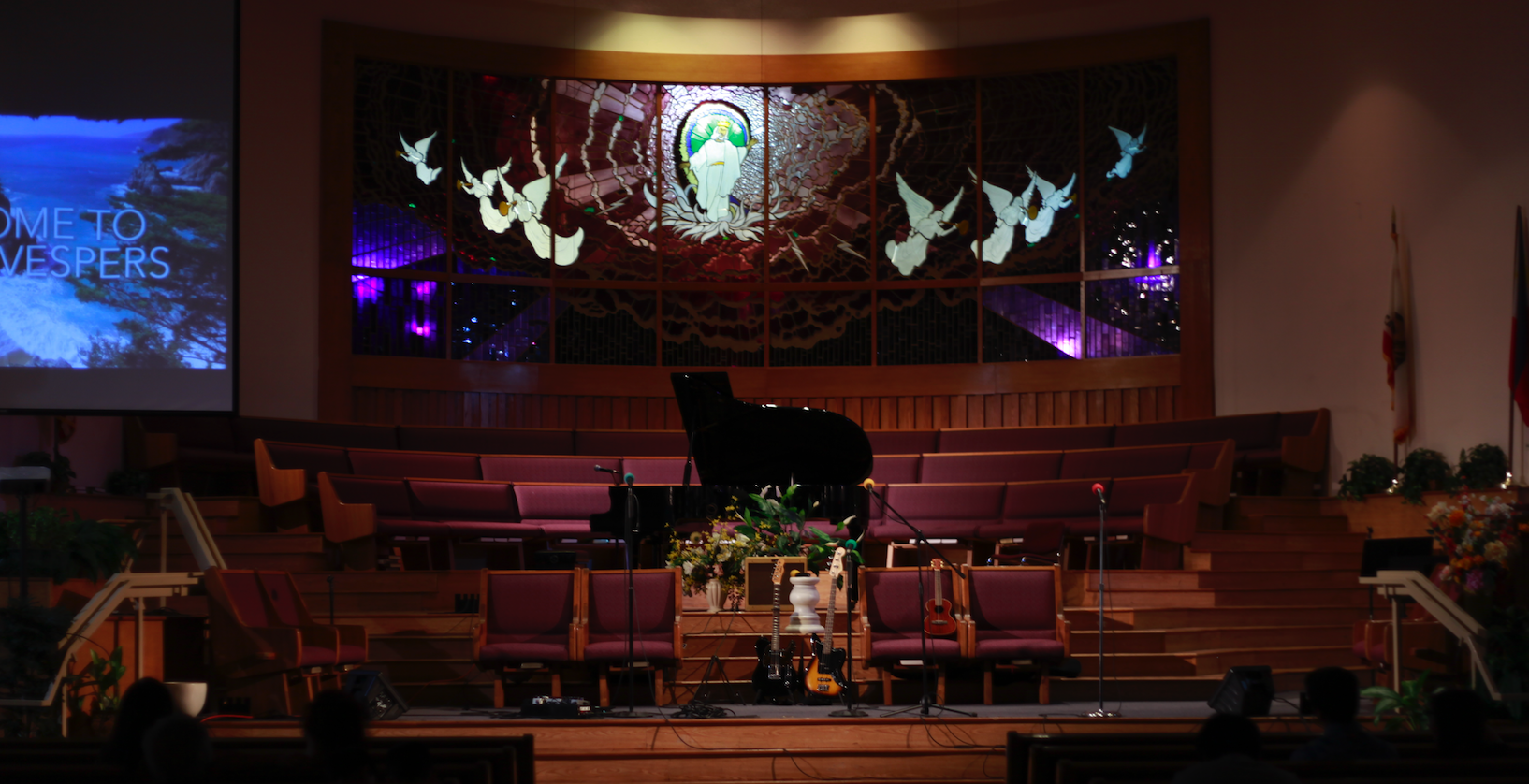I was talking with a new acquaintance (not a Seventh-day Adventist) and we were sharing things of common interest to us. He talked a book he was currently reading where the author talks about narcissism or the love of self in its most positive light. The author’s approach was to look at self-love from a scale of 1-10 in which both extremes ought to be avoided.
On one extreme, a narcissistic person of the 8-10 scale may love himself too much so that he makes himself the center of the universe and tries to order everything to his own advantage and pleasure. The other extreme is the person of the 103 scale who deprives himself of every pleasure and benefit and may even physically mortify himself in order to find meaning and significance in life.
We need to go the way of the golden mean, the person of the 4-7 scale who loves himself just right. He doesn’t love himself too much in the sense that he esteems himself more highly than others; nor does he hate himself to a point where he sees himself only as trash. With this in mind, we can better understand the words of Jesus when He gave us the command to love our neighbor as we love ourselves (Matthew 22:39). For there is no way we can really love our neighbor if we have not truly loved ourselves in the first place. And when we read something about hating father or mother, wife or children, brothers and sisters or our own lives (Luke 14:26), the texts simply mean not to “hate” but to “love less”. This is where the median 4-7 scale love of self comes in instead of the 8-10 scale extreme self-love.
We must love ourselves appropriately. EG White says that the value of a soul can only be measured by the price that was paid by Christ on the cross of Calvary. We are so precious Christ paid with His blood to set us free. And when we think of what the apostle Paul said that our bodies are the temple of the Holy Spirit and a dwelling place of God, we cannot help but love ourselves truly and even reverence them because of the value heaven has placed on them.

